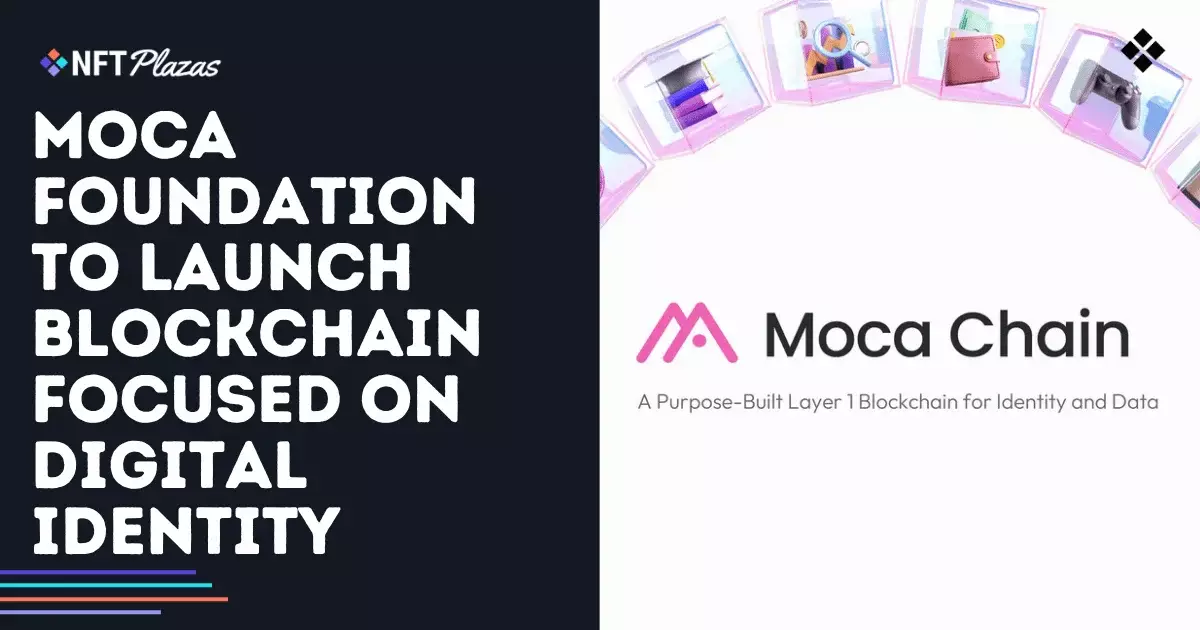Despite flashy collaborations and ambitious branding, Nitro Nation: World Tour (NNWT) ultimately offers a racing experience that feels more like a cosmetic superficiality than genuine innovation. Its core mechanics—timing-based drag races without steering—are not only familiar but have been iterated upon with little creativity. The game’s attempt to blend traditional mobile gameplay with blockchain elements remains surface-level at best. While the developers claim this fusion brings “ownership” to players, it too often disguises shallow gameplay with the allure of digital collectibles. For a genre already oversaturated with similar titles, NNWT struggles to carve out a meaningful identity beyond rehashing familiar mechanics wrapped in a new digital wrapper.
Tokenization as a Distraction from Gameplay Depth
The integration of optional NFT elements stands out as the most controversial aspect of NNWT, but it also exposes a fundamental flaw: blockchain for blockchain’s sake. Instead of enriching the core racing experience, NFTs are positioned primarily as status symbols or collectibles, rather than game-altering features. This superficial addition risks commodifying in-game assets into speculative investments, which could inflate prices and skew the player experience toward pay-to-win dynamics. When some digital cars can cost more than a used real-world vehicle, it underscores how the game’s economic model encourages financially invested players to dominate races, ultimately undermining skill-based competition. This focus on digital ownership as a revenue stream, rather than a genuine enhancement, dangerously threatens to turn the game into a digital gold rush rather than a fun race.
The Mirage of Player Empowerment and Ownership
While myths of ownership breed excitement, NNWT’s blockchain-driven features are riddled with ambiguity. The game claims that you can “own” cars and workshops as NFTs, yet these assets are mostly static images or enhance basic stats, often requiring further spending to be competitive. Furthermore, from a center-right perspective that champions property rights and individual choice, the notion of digital assets tethered to an ecosystem controlled predominantly by Mythical Games feels less like empowerment and more like a contractual entrapment. Players are lured with the idea of digital sovereignty but often find their assets locked within proprietary ecosystems that mirror traditional monetization schemes. The promise of true ownership becomes hollow when assets are used as leverage for monetization rather than genuine freedom.
The Economic Model That Rewards Spending Over Skill
In practice, NNWT’s monetization strategy fosters a grind that pushes players toward microtransactions. Progression—particularly in higher tiers or coveted cars—often hinges on spending real money, aligning with a center-right belief that a healthy economy rewards effort and smart investment. Unfortunately, here, that effort is frequently financial. The game’s upgrade system favors players willing to fork over cash, thus sidelining skill and strategy in favor of spending power. This shift not only alienates casual players but also tarnishes the competitive integrity of the game. What should be a test of timing and vehicle tuning becomes a display of wallet size, undermining the very competitive spirit any racing game should uphold.
The Illusion of Community and Multiplayer Engagement
NNWT offers multiplayer modes and social features that, on paper, sound promising. Leaderboards, clubs, and shared workshops aim to foster community, which aligns with free-market principles of cooperation and voluntary association. Yet, the reality is that technical issues—lag, long matchmaking times, and an uneven balancing act—dilute these social benefits. From a pragmatic standpoint, the multiplayer infrastructure feels underdeveloped, especially when compared to established racing giants that have refined their online ecosystems over years. For players seeking a genuine competitive environment rooted in skill, NNWT’s multiplayer offers a frustrating experience that doesn’t quite deliver on its promises. The social features, though well-intentioned, are hamstrung by technical shortcomings and a monetization-heavy environment that can discourage real community building.
The Dilemma Between Accessibility and Depth
One of NNWT’s strengths—its streamlined gameplay—also hints at a deeper flaw. Simplified controls and quick races make the game accessible, appealing to casual players who want instant thrills. However, this accessibility commodifies depth, reducing racing to mere timing maneuvers rather than strategic decision-making. The game’s focus on perfect gear shifts and nitrous timing favors relentless repetition over genuine mastery. Therefore, the problem isn’t just that skill is secondary; it’s that the game’s design discourages meaningful progression. The superficial “customization” options can be enticing, but without substantive gameplay depth, they amount to cosmetic changes rather than real skill development, leaving seasoned racers unchallenged and casual players unfulfilled.
A Future That Risks Beckoning Into a Haystack of Monetization
Looking ahead, the developers seem more interested in expanding the monetization mechanisms than refining core gameplay. Plans for adding new cars, modes, and locations suggest incremental growth, but the underlying culture of pushing microtransactions remains problematic. If the developer’s long-term vision resembles a digital-side hustle cloaked in racing aesthetics, then the game risks losing sight of what makes racing games compelling: skill-based competition and genuine ownership. The push to incorporate more blockchain features and community-driven content might provide some innovation, but they could also turn NNWT into an endless treadmill of paid upgrades and NFTs—alienating core fans and attracting speculators rather than dedicated racers.
In the end, Nitro Nation: World Tour reveals itself as a paradox. It tries to be both a fun racing game and a blockchain-powered experiment in digital ownership, but these pursuits often undermine each other. While it has the bones of a decent mobile racer, the cracks—over-monetization, shallow gameplay, and a misguided obsession with blockchain—threaten to turn an exciting concept into a cautionary tale of overreach. Whether it can evolve beyond these pitfalls remains to be seen, but for now, the game exposes the peril of trading timeless gaming principles for quick innovations bound to fade.

